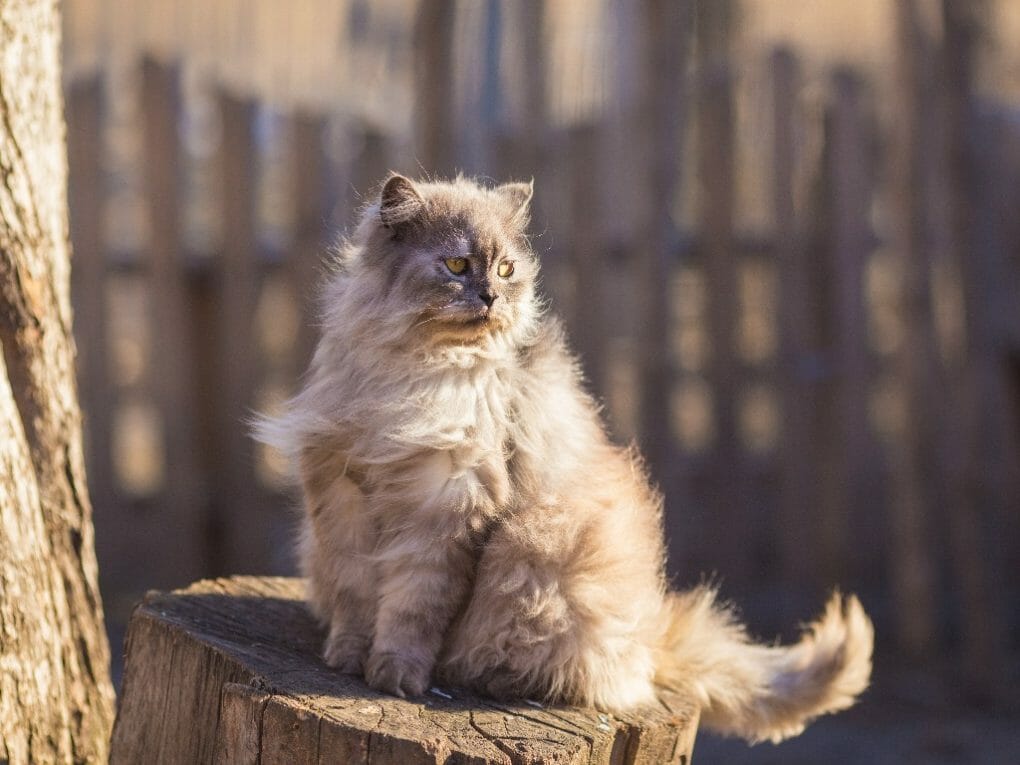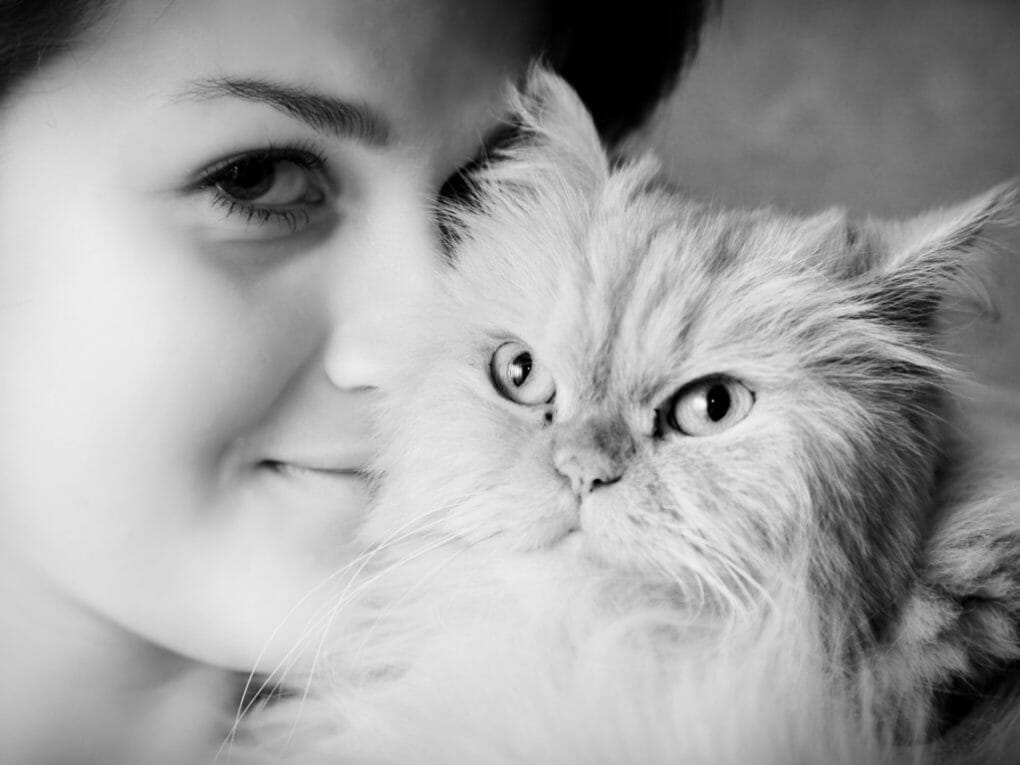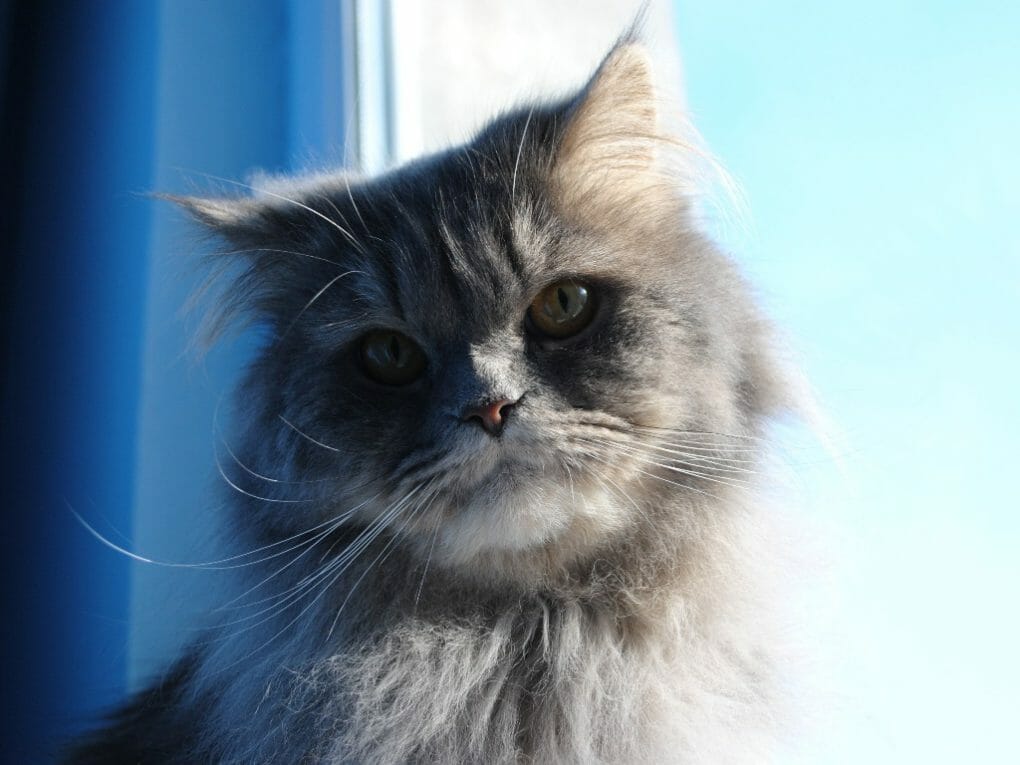Can Persian Cats Be Left Alone: 4 Factors That Should Be Considered When Leaving This Breed Alone


Yes, Persian cats can be left alone. During the day, they should be left alone only if they are indoors with a cat-proofed enclosure. Otherwise, they should be supervised. However, certain factors should be taken into account.
Many cat breeds are great for lone living, but the Persian is one of the best. They have a very low territoriality and get along well with other cats in your home.
Table of Contents
4 Factors That Affect Leaving a Persian Cat Alone
It’s essential to consider various factors before leaving your Persian cat alone, as each can significantly impact the cat’s comfort and safety. Always provide plenty of food and water, toys, and a safe place for your cat to play to ensure they are comfortable and secure while you’re away.
1. Age
Your cat’s age is the most significant factor in leaving them alone. Persians can be left alone without problems if they are relatively young cats. If they are older or have health issues, it is best not to leave them alone. Providing toys and playtime for them when you are away is essential.
On average, Persians will typically live for an average of 13.5 years. Make sure you’re aware of the factors that can impact lifespan and take appropriate steps to provide your cat with the best possible home. That means feeding them a high-quality diet, giving them plenty of exercises, and avoiding unnecessary stress. In the end, keeping your Persian cat healthy and happy is the best way to ensure a long and happy life!
2. Health
Persians are known for their luxurious looks, but this doesn’t mean they don’t need care and attention like any other house cat. Persians are particularly prone to skin problems, so it is crucial to keep them groomed regularly and ensure the room they live in is kept clean.
Persian cats are social animals; leaving them alone for extended periods can harm their health. If you do decide to leave your cat home alone, always consult with your veterinarian to make sure their health is considered.
If you have to leave your cat home alone, install security measures like a security camera and a cat door. Finally, always be prepared for an emergency and keep your cat well-fed and hydrated if you leave them for an extended period.
In addition, if you have children in the home, ensure they do not try to pick up the cat – they could be injured in the process!
3. Needs
Persian cats are high-energy animals that need a lot of stimulation. If you cannot provide enough for them, they may become destructive and even develop behavioral problems. You should also be careful not to leave them alone for long periods – this can lead to health issues.
If you’re looking to adopt a Persian cat, consider whether or not the cat you’re interested in is naturally friendly. And if you’re planning on leaving your Persian home alone for an extended time, ensure you have all the supplies you’ll need if something happens.
4. Entertainment
When it comes to cat care, one of the most important things you can do is keep them entertained. This means providing them with toys, a cozy bed, and plenty of playtimes. While some cats may enjoy being left alone, others may not – so make sure you assess your cat’s personality before making any decisions. In the long run, leaving your cat at home alone will only result in tension between you and them.
6 Cat Breeds That Can Be Left Alone Other Than Persians


Some cats can be left alone with little trouble, while others can’t be left alone at all. Before making the decision, research and ensure you have a solid understanding of the breed’s personality and behavior. Some cat breeds can be left alone with limited to no trouble.
1. Himalayan
Himalayan cats are easy to take care of, have a low demand for attention, and don’t typically get along well with other pets or kids. That said, they may be too active for some people who live in an apartment or house with many narrow spaces where they could get into trouble. Himalayans are an excellent choice if you’re looking for a breed perfect for your lifestyle – without any significant flaws.
2. Norwegian Forest Cat
Norwegian Forest cats are one of the famous cat breeds that can be left alone. They are an active breed and need plenty of exercises, which you can provide by leaving them alone. If you have to go to them for a short period, ensure they have plenty of toys and games to keep them occupied.
3. Maine Coon
The Maine Coon is a cat that many people are drawn to for its independent and vigorous nature. They make good house pets as they don’t require much attention and can be active when not being kept indoors.
Another advantage of owning one of these cats is that they aren’t easily bored, making them great candidates for households with kids or other animals. However, it’s important to remember that not all Maine Coons are friendly – so be sure to research which ones you might consider before getting one!
4. British Shorthair
The British Shorthair is one of the breeds that can be left alone. They are lively, playful, brilliant cats, making them a good choice for lovers who don’t want to deal with constant supervision. If you are worried about your cat’s safety, a fenced-in yard would be a better option.
5. American Shorthair
The American Shorthair is a cat that doesn’t require as much care as others. This breed is relatively low maintenance and can even be left alone without any problems. They are known to have long lives – up to 20 years in some cases!
If you decide to leave your cat home alone, you should keep a few things in mind. First, ensure they have enough fresh water and food – their diet is just as crucial to their health as exercise. And last but not least, ensure they have plenty of toys or activities that keep them entertained so they don’t get bored.
6. Russian Blue


If you’re looking for a cat that doesn’t need as much attention as other cats, the Russian Blue may be the perfect breed. They are very independent and don’t require a lot of physical or verbal interaction from their owners. They can usually fend for themselves pretty well – making them great house pets!
As with all cats, you are keeping them fed and watered regularly is essential. So if your cat is living inside with another pet, have regular check-ins, so everyone knows what’s going on!
